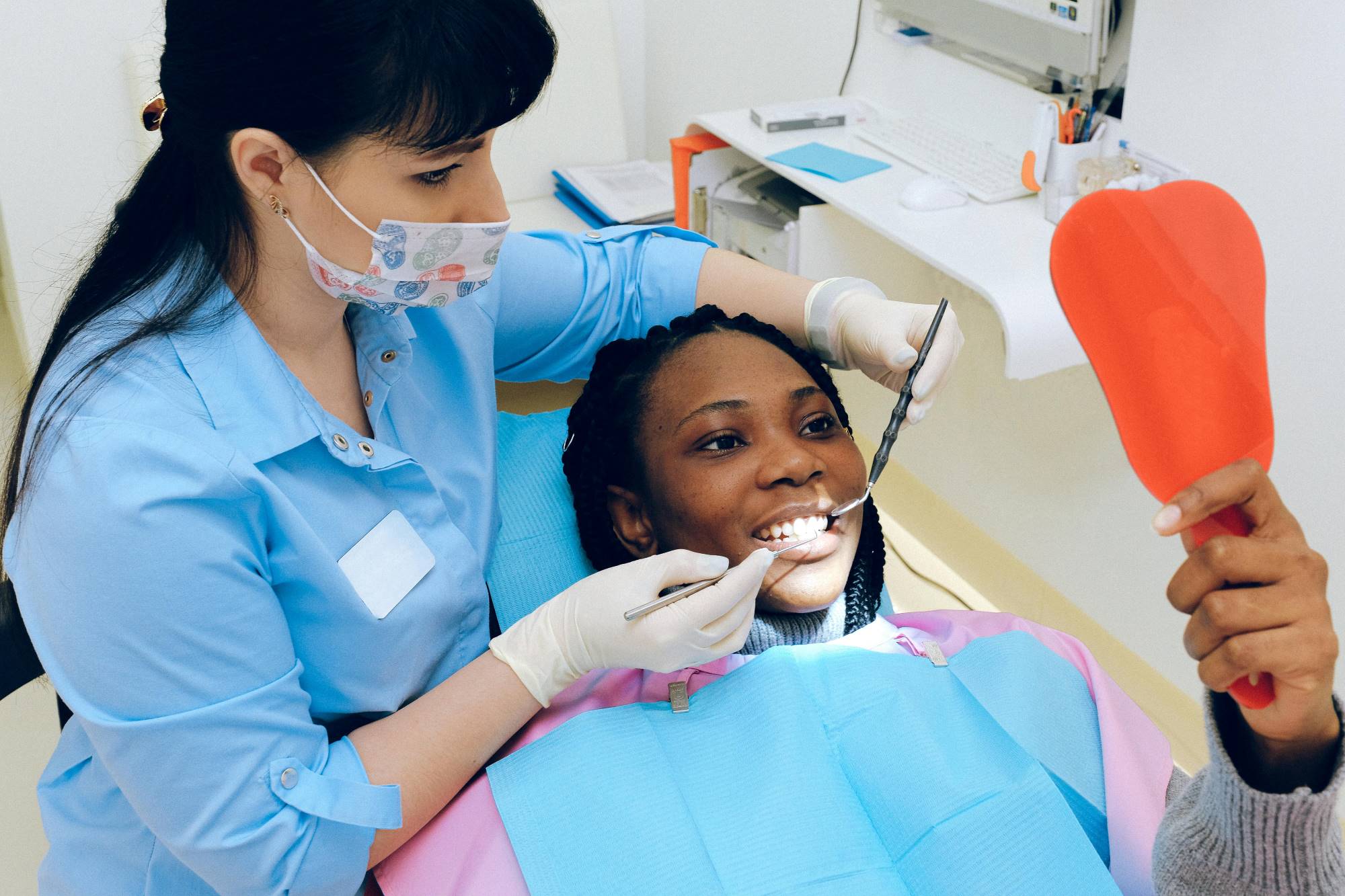
It appears that oral hygiene is restricted to some practices, but its impact may relate to other health sectors. The state of the mouth might affect several aspects of health, mainly when practices are being practiced on a recurrent basis. Individuals of various ages can realize that the efforts are beneficial not only to oral health but can also contribute to the function of other systems. These links are not immediately clear; they may exist without making much notice over the years.
Lessening the odds of recurring issues
Keeping the mouth clean would potentially minimize the chances of repeating the occurrence of problems that could hinder overall well-being. In cases where it is handled carefully, when brushing and attending to other matters, the mouth can remain more in balance, resulting in fewer fluctuations that interfere with the daily comfortable normalcy. The neglectful behavior may permit accumulation or distress that may increase to difficulties that go beyond the mouth. Oral care persistence may be associated with the state of other body systems dependent on stability. It may not directly affect an individual, although poor hygiene may have impacts on the aspect of comfort, rest, or even digestion, depending on the way things turn out.
Building structured family care systems
Solving such problems can be done through home care and visits. Professional involvement may capture the emerging issues on time to prevent their growth. The family routines are also presumed to affect the likelihood of each of the members being attentive to their oral habits. Patients who depend on reminders or collaborative work can find the use of structure helpful where special issues, such as a sensitive tooth or irregular brushing schedule, are involved. Once maintained, these minor rituals may offer an effective safety net against recurrent issues that may otherwise interfere with everyday healthy living.
Maintenance of body balance over a long period
With the worsening of oral discomfort, some individuals can refuse to eat or have issues with their health. It can cause changes in routines, otherwise stable. On the contrary, as cleaning becomes a regular and appropriate habit, the individual may observe benefits in general comfort. Adequate balance between dental care and body health might depend on numerous circumstances, such as age, dietary regimen, or time. Promoting a system to support oral practices may help relieve any minor symptoms caused by negligence. These patterns should be given proper attention on a regular basis, and this can help in the maintenance of a smoother routine, even though the results can be gradual or unnoticeable at first.
Promoting preventive family activities
Home oral care, especially daily, eliminates the danger of missing them, making it easier to prevent long-term damage. Families may avoid forgetting to brush, floss, and check by planning routines. These combined activities may help youngsters develop solid habits that last throughout adulthood, and adults can utilize them to stay regular. Better hygiene in the long run may also be backed up with group timing or visual reminders. Support of care through home-based care may enhance the understanding of how subtle changes under routine care may affect more. In particular, dentists in San Diego like The Super Dentists could support these efforts by offering care suited to different ages and conditions. Such visits can be used to prolong one's well-being by identifying changes that one may not be able to detect in their home surroundings. Early preventive measures may turn out to be effective habits promoting comfort and stability.
Sustaining physical and psychological ease
Hygienic regularity in mouth care could also help in personal comfort, which could influence the way people tackle their day. This relief not only pertains to the avoidance of pain but might include being prepared or stable to engage in other activities. Without proper dental care, a person may be uncomfortable when talking to anyone, eating, or even in their resting place. These minor problems can be added to reduce well-being at varying hours. Regularity of care would allow enhanced clarity of mind, a good mood, or overall health in an individual, among other things. Even small rituals may act as a method of making sure everything is okay with the person. In the case of sharing this oral hygiene knowledge within groups, general discussions of any other section of healthcare can also be delivered. Although it is not a remedy for all worries, a routine and careful attitude towards oral care could play its part in achieving a general balance of control and awareness.
Conclusion
The connection between dental hygiene and health in general might not look very apparent, yet it may have its meaning in everyday life. The regular practices can affect comfort and balance of health, and the frequency of some issues. The unity of practices, competent treatment, and frequent monitoring can come together to make a supportive framework that fortifies healthfulness over various areas of life. Inputs that are simple and paid attention could lead to long-term outcomes that would be worth their continuity.